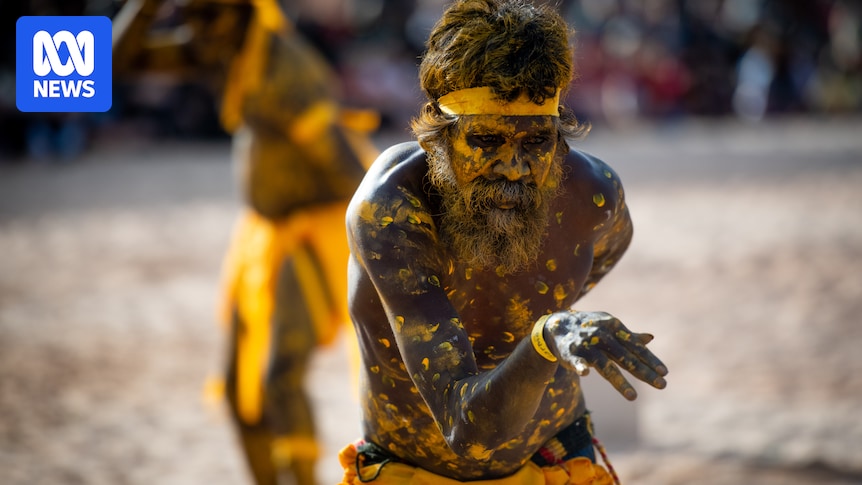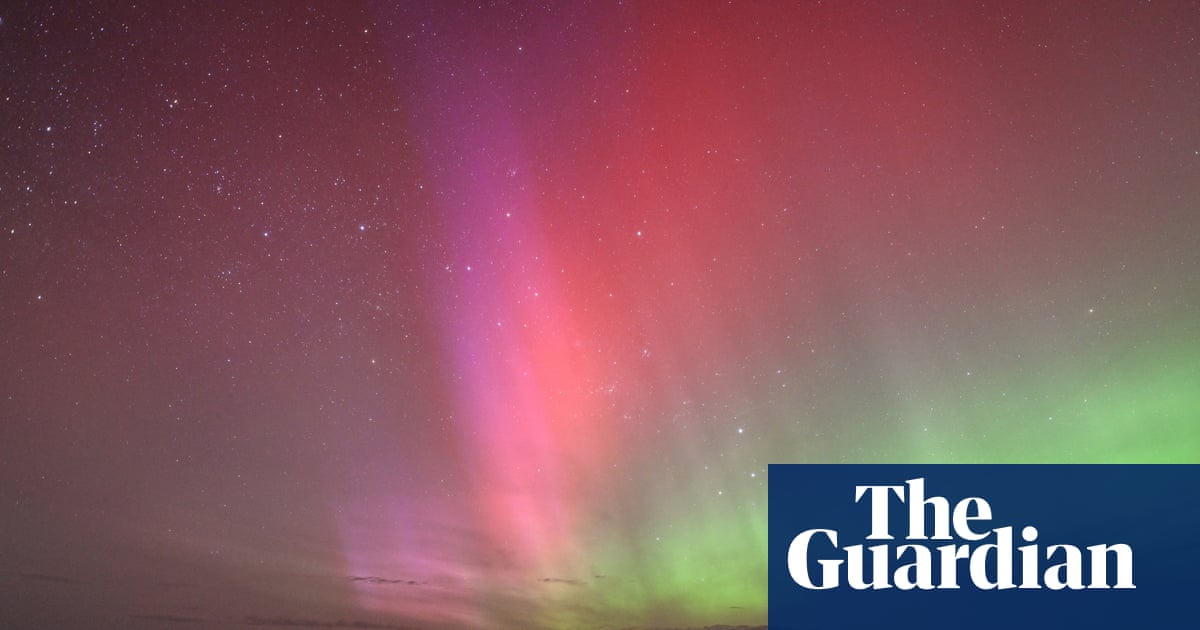
From the pain of a broken political promise and a community’s enduring desire to push forward, the Garma Festival was born. This weekend, as it marks its 25th anniversary, the festival will draw thousands of people from across Australia and around the world to a remote corner of Arnhem Land.
The Yolŋu people have been tireless advocates for land rights, economic empowerment, and First Nations decision-making for decades. Yet, they acknowledge that much more remains to be done. The festival, held on the Gumatj clan’s ceremonial grounds, has evolved into a powerful political platform where the nation’s leaders come to listen.
“We are still here, our languages, our clan languages are still strong, we still dance, it’s been passed down for thousands of years,” Yolŋu elder Merrkiyawuy Ganambarr-Stubbs said.
A Platform for Political Engagement
The Garma Festival, now in its 25th year, is set to welcome the Prime Minister and several senior ministers, along with representatives from the Northern Territory government and leaders of key national and state agencies. This year’s festival occurs at a critical time for many First Nations communities, who are once again searching for a way forward.
On the minds of many attendees is the lack of progress following the 2023 rejected Voice referendum, the rising deaths in custody, and the unmet Closing the Gap targets. Governments in Queensland and the Northern Territory have scaled back treaty and truth-telling processes, while tough-on-crime policies have led to increased youth incarceration.
Mr. Albanese told Garma last year his government was “committed to Makarrata.”
Just three years ago, Anthony Albanese came to Garma to announce the words that would be put to the Australian public at the Voice referendum, underlining his desire for change. The Yolŋu leaders at Garma have played a key role in advocating for constitutional reform and the Voice, seeing it as crucial in their fight for equity and agency.
The Legacy of Broken Promises
The festival’s theme this year, “law of the land standing firm,” reflects the enduring struggle and resilience of the Yolŋu people. The Yothu Yindi Foundation, which runs the festival, represents the five clans of the Yolŋu people—Gumatj, Rirratjingu, Djapu, Galpu, and Wangurri. The foundation shares its name with the popular band, whose founding members were integral in establishing the community organization.
Djawa Yunupingu, the foundation’s chairman, wrote about the original aspiration of the festival’s organizers in this year’s welcome brochure.
“My brothers stood on the escarpment at Gulkula, looked out and said: ‘This is our place, a place of our ancestors, our father’s country, and we should celebrate this place,” he wrote.
Garma was born in 1999, about eight years after the band Yothu Yindi released their hit single, “Treaty,” and more than a decade after First Nations people were promised one by the nation’s leader. The promise was made by Labor leader Bob Hawke in 1988 at the Barunga Festival in the Northern Territory, where he declared, “There will be a treaty.”
“Only to walk away from us, like his words were writing in the sand,” wrote Mr. Yunupingu. “In our law, words of promise are sacred, so from that disappointment, my brothers wanted to start something new and make a new pathway.”
Moving Forward with Resilience
The community refused to let broken political promises hold them back, said Denise Bowden, Yothu Yindi chief executive. “In terms of how our community leads, we lead and we’re prepared to be at the table to talk through any of those challenging incidents,” she said.
The Garma Festival has been designed to celebrate the strength and survival of the Yolŋu people’s culture and customs and to celebrate the creative success of their small community. However, despite their national leadership and abundant talent, the Yolŋu people are burdened by poor health and social outcomes.
“You will feel some of this grief in the air at Garma this year as Yolŋu people face up to the loss of special people who leave us too young and too often,” wrote Mr. Yunupingu.
The community has pushed ahead with efforts to bring reforms to their people, and with each festival, they hope those who come to listen will help them bring about change. The festival will attract important leaders, but Denise Bowden hopes they do more than just listen to the story and struggle of the Yolŋu people.
“It’s really important to listen, but it’s also important to do. I sometimes feel we overlook the action part of our society. We tend to find things too hard in the Indigenous affairs, but the doing part is really important.”
As the Garma Festival continues to serve as a beacon of hope and a call to action, the Yolŋu people remain steadfast in their commitment to cultural preservation and political advocacy, determined to forge a brighter future for their community and future generations.






